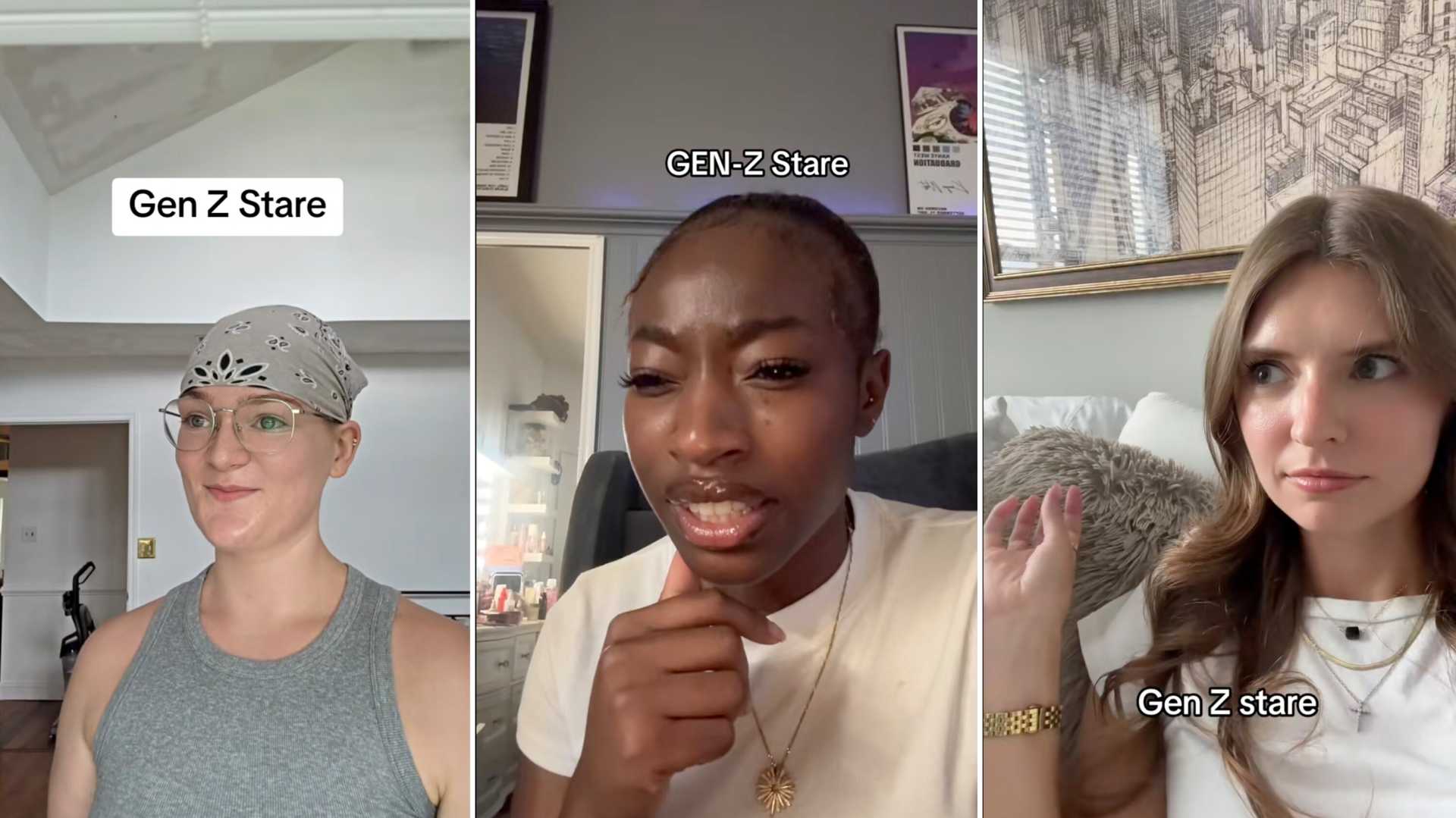News
Gen Z Stare Sparks Debate on Workplace Etiquette

NEW YORK, NY — A new trend among younger workers known as the “Gen Z Stare” is igniting discussions about workplace manners and communication styles. As more individuals from Generation Z enter the workforce, observations emerge that they often respond to colleagues and customers with blank expressions and long pauses.
Some millennials claim this behavior signals a lack of social skills among Gen Z workers, while others believe the criticism may be misplaced. The trend has gained traction on platforms like TikTok, where users share videos recounting their awkward interactions with Gen Z employees. One TikTok user described feeling as if the worker was staring into space, adding to a growing online discourse surrounding the issue.
Riley Despot, a 30-year-old small business owner from Idaho, posted a reenactment of a blank encounter with her daughter’s golf instructor, which received over 676,000 views. Despot noted that while the young instructor likely didn’t mean to be rude, the interaction felt awkward. She emphasized that generalizing an entire generation could be misleading.
As TikTok users engage in lively debates, some Gen Zers argue their expressions often reflect an attempt to process information rather than a lack of interest. Commenters suggest that the pressure of real-time social interactions can be overwhelming for many young people, who are accustomed to more asynchronous communication methods.
Psychotherapist Daren Banarsë posits that the stare may symbolize feelings of overwhelm. Many Generation Z individuals grew up in a digital environment where crafted responses are common, making real-time interactions more challenging. This perspective suggests that what some view as disengagement may instead be a sign of social anxiety.
Further complicating the dialogue, some millennials worry the focus on the Gen Z Stare is simply an extension of their own generational critiques. There are parallels with past criticisms aimed at millennials, showcasing the ongoing cycle of older generations critiquing the younger. That connection highlights that every generation faces unique stereotypes and misunderstandings.
The online discussions surrounding the Gen Z Stare reveal broader implications for workplace dynamics and customer service interactions. As companies navigate these generational differences, understanding the motivations and challenges faced by Gen Z workers will be essential for fostering positive workplace interactions moving forward.












